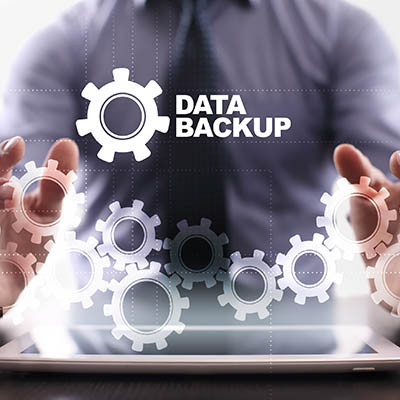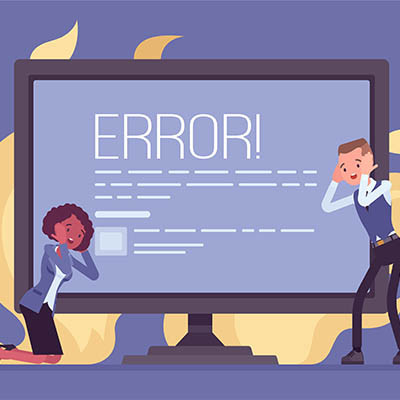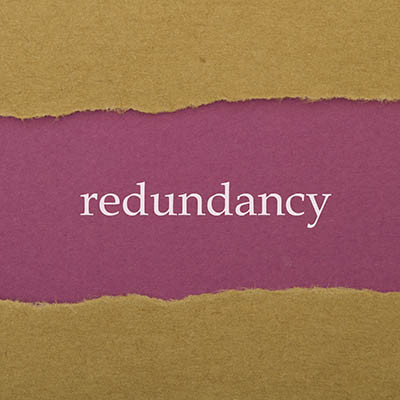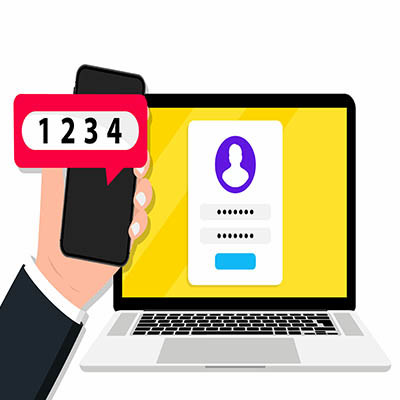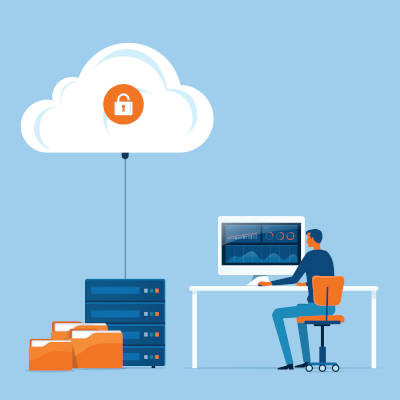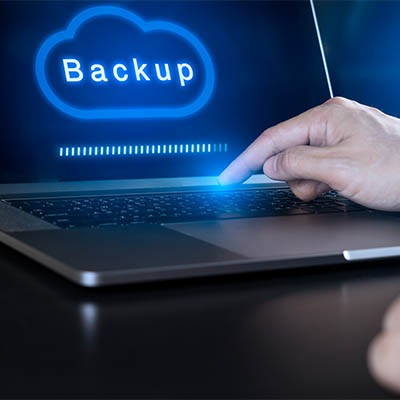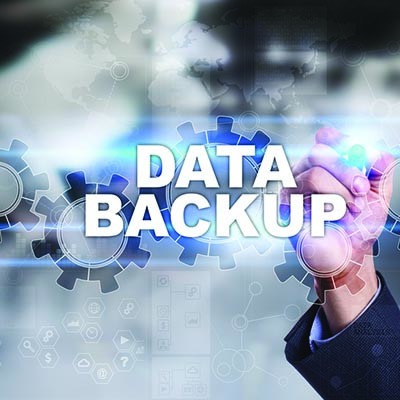It doesn’t take a rocket scientist to understand that a lot can go wrong with business just about every day. If something were to go horribly wrong and you lost access to your data infrastructure, what would you do? Let’s take a look at some of these disaster scenarios and how much data backup and disaster recovery can make a difference for your organization.
Datalyst Blog
Modern businesses rely on a lot of technology to stay operational, much of which can be considered hardware, or the physical computing systems that contribute to your infrastructure, like workstations, routers, switches, and servers. Unfortunately, no technology lasts forever, and this is true for hardware as well. One of the most devastating problems that a business can face is hardware failure, and no matter how well you maintain your technology, you must be ready to face down this threat at any given moment.
Data backup is something that some organizations think they can do without, simply because they believe that it’s only valuable to have in the event that something wrong happens. Well, we’re here to break the bad news that if something can go wrong, it most likely will go wrong… at least at some point. With automated cloud backups, however, the chances of some unexpected emergency ending your business are drastically reduced.
All industries today are susceptible to cyberattacks, but it’s easy for certain types of businesses to feel they are the exception. Take construction for example. Many people wouldn’t anticipate the construction industry to be a viable or worthwhile target for cybercriminals and hackers. Unfortunately, cybercriminals don’t see it this way.
We recently went over how modern technology simplifies the processes that property management firms and property managers undergo each and every day. We wanted to circle back on this and focus more specifically on the cybersecurity aspect of this conversation, diving into how the right tools could benefit property managers in terms of their security and data protection.
Data is the backbone of any modern business. Since your organization relies so much on it, you need to have measures put into place to ensure that your business can access it in some way, shape or form at all times. This is easier said than done, especially for a business on a budget. We’ll walk you through how you can implement a comprehensive data backup solution to protect your organization.
2020 has wound down and the new year has spun up, let’s take a moment to consider going beyond the usual New Year’s Resolutions of weight loss, quitting smoking, and being a better person—all of which are certainly well worth considering. Instead, let’s take a moment to think of ways to better your business, the foundation of your day to day routine. Here are three things you can do to make 2021 a better year than the last one was.
There are a lot of different ways that companies and organizations approach data backup, ranging from backing up everything to backing up literally nothing (which we do not recommend). In many ways, backup is simply a form of insurance—the difference being that you’re investing in a solution to a problem, rather than a means to cover your business’ damages.
Modern businesses generate a lot of data, some of which they couldn’t really function without. This makes the prospect of data loss especially dangerous, making a data backup imperative. Today, cloud computing is seen as the premiere option in terms of data redundancy and availability. Today, we’ll look at why you want to consider storing your backed-up data in the cloud.
For the modern business, not having a backup system in place is inexcusable. If you use digital data to run your business, you need to protect the data you can’t replace by having it backed up regularly. Some businesses have been around long enough to have files that don’t have any practical application in the course of business. You don’t need this data, and you don’t need a copy of it. Today, we will discuss how to select and choose which pieces of data you should seek to protect.
Backup and disaster recovery (BDR) might seem like a singular process, but in reality it’s more of a combination of processes that work in tandem with each other. Backup and disaster recovery both require a different perspective and approach in order to make sure they play nicely with each other. We’ll attempt to address this difference and give you the information needed to make the best decisions possible for your solution.

